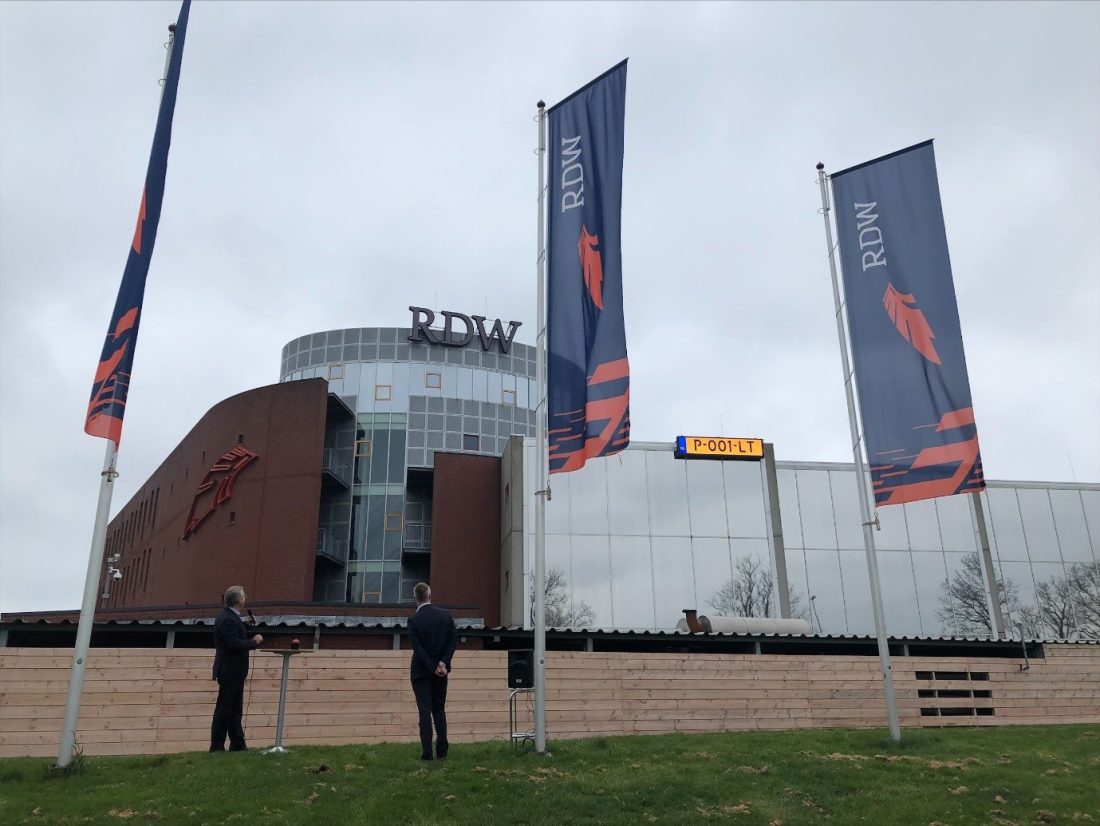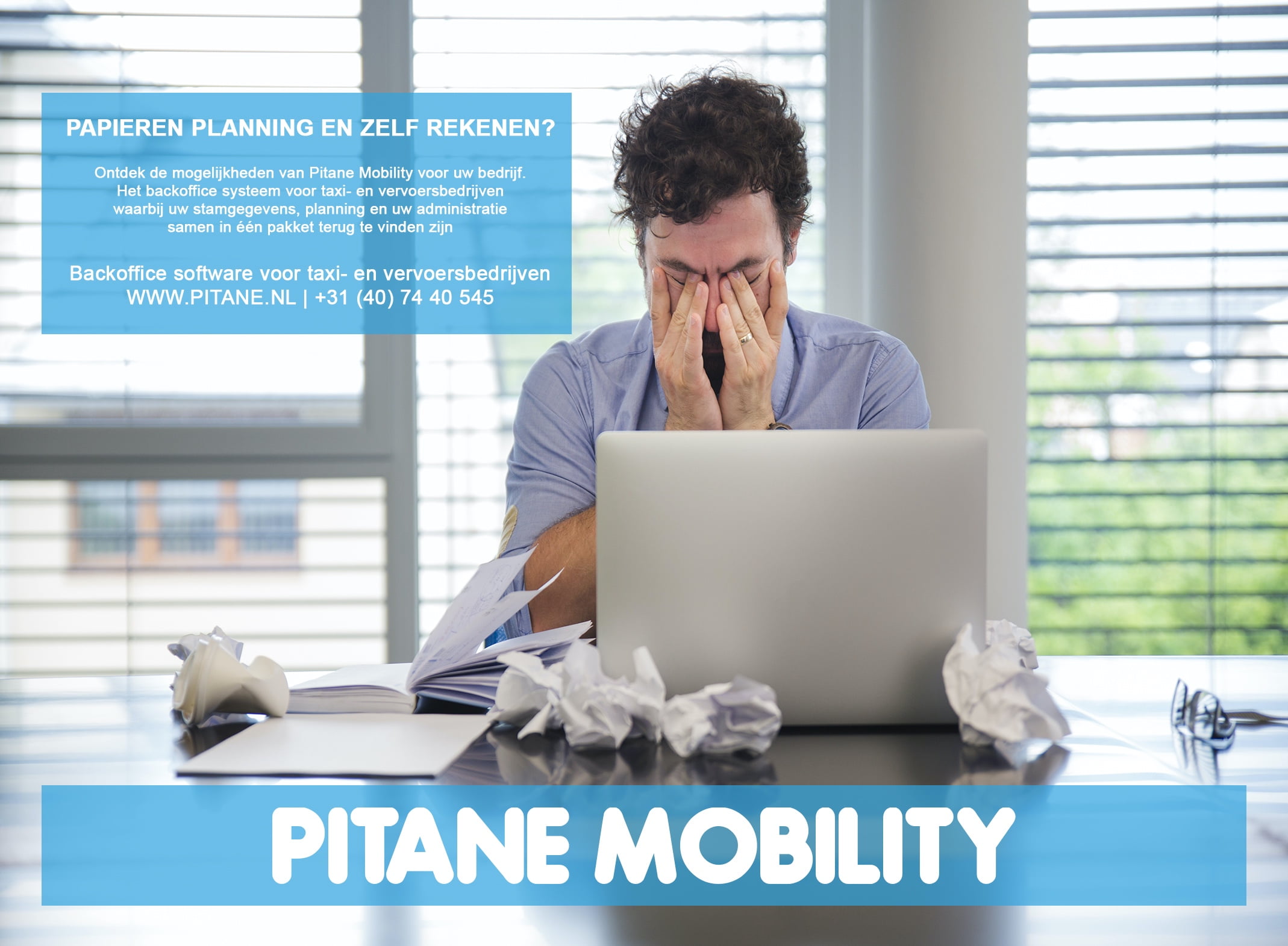on average, rates have barely increased.
RDW has become more effective, the quality of service is increasing, citizens, companies and environmental partners are satisfied. This is apparent from the report of the fifth statutory evaluation RDW, which was offered by PricewaterhouseCoopers Advisory. With regard to the various KPIs aimed at customer satisfaction and quality of service, a positive trend is endorsed when compiling the evaluation.
system of KPIs
Overall, it can be said that the system of KPIs works well. The standard for lead times for issuing driving licenses and registration cards (90% within 1 working day) has been achieved every year. For customer satisfaction, the RDW achieved a score of 2018 in 7,6 (standard: 7,5). In the other years, no RDW-wide customer satisfaction surveys were conducted.
The evaluation also shows that the RDW is an effective organization with a high quality of service and a willingness to make tailor-made agreements with the mobility sector where there is a need. RDW has become more efficient, on average the rates have hardly increased. In addition to cost-effectiveness, the owner (IenW) focuses on the development of the rates.
A point of attention concerns the agility as experienced by RDW employees and their appreciation of the mutual cooperation between the various RDW departments. We conclude from the documents studied that RDW employees estimate the agility of the organization to be lower than that of management. For example, employees give a score of 5,3 for the statement “the introduction of new processes and products runs smoothly” and management a 6,1.
In addition, the perception of the capacity to change differs greatly per division: T&B and in particular VRT score significantly lower than the other divisions. A possible explanation for this is the nature of the work. At the same time, the agility of these divisions in particular largely determines the RDW's ability to adapt to future developments such as the digitization of vehicles and mobility solutions. Viewed from the previous observations that the RDW has shown financial and service agility in 2020 in particular, the perception of RDW employees of agility is striking.
entrance fee
Rates may change by a maximum of 5% per year, excluding inflation. The research shows that the average rates of the RDW have increased cumulatively by 2016% in the period 2020-2. Measured by the price level in the Netherlands (CPI), which has increased by 8% in the same period, this is an efficiency gain of 6% and therefore an annual increase of 1,2%. Furthermore, the agreements with the owner about efficiency are well secured and workable. This is also reported transparently.
It is striking in the documenten that RDW employees give a relatively low score (5,7) on mutual cooperation and coordination between the various RDW departments. This is significantly lower than the 'public administration' benchmark used in the study (6,3). Discussions within and outside the RDW show that the RDW is still too much of a “divisional island”. This may be a possible explanation for these low scores.
Mutual cooperation was also a point of attention in the previous statutory evaluation. Although various actions have been taken by the management as a result of the previous evaluation (such as setting up core teams on strategic themes), the follow-up to this recommendation does not seem to have achieved the desired goal.




